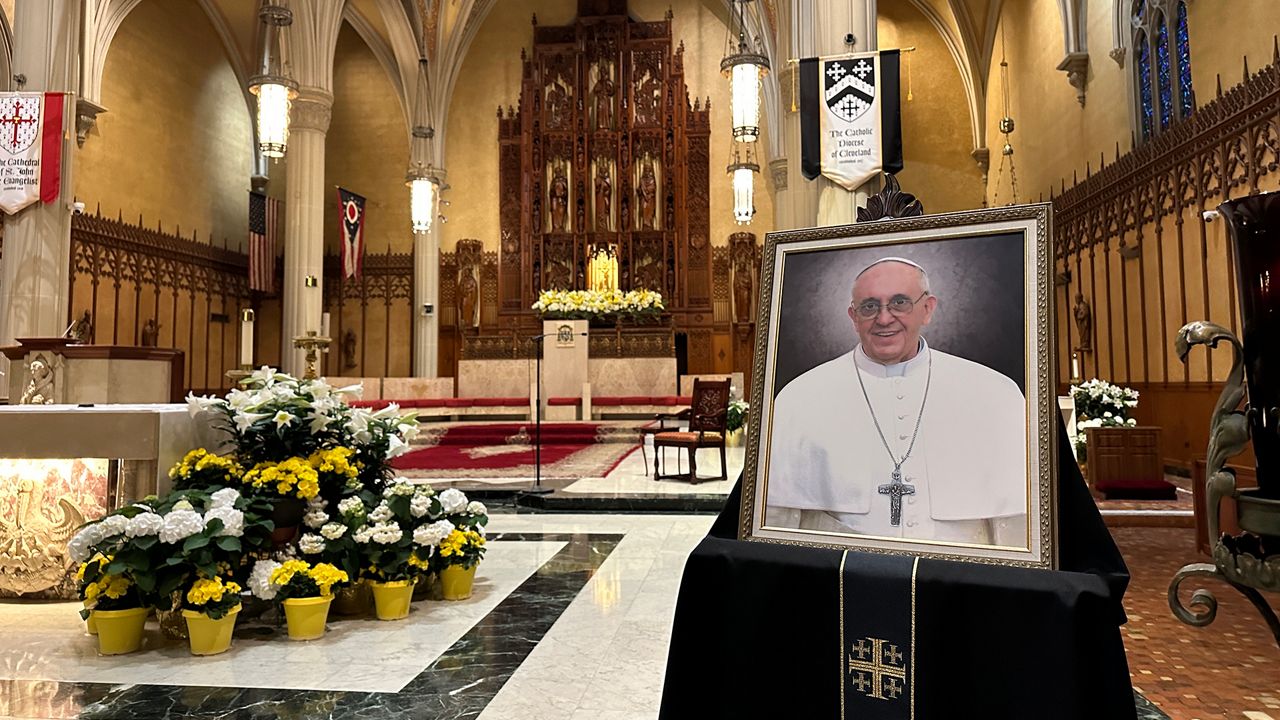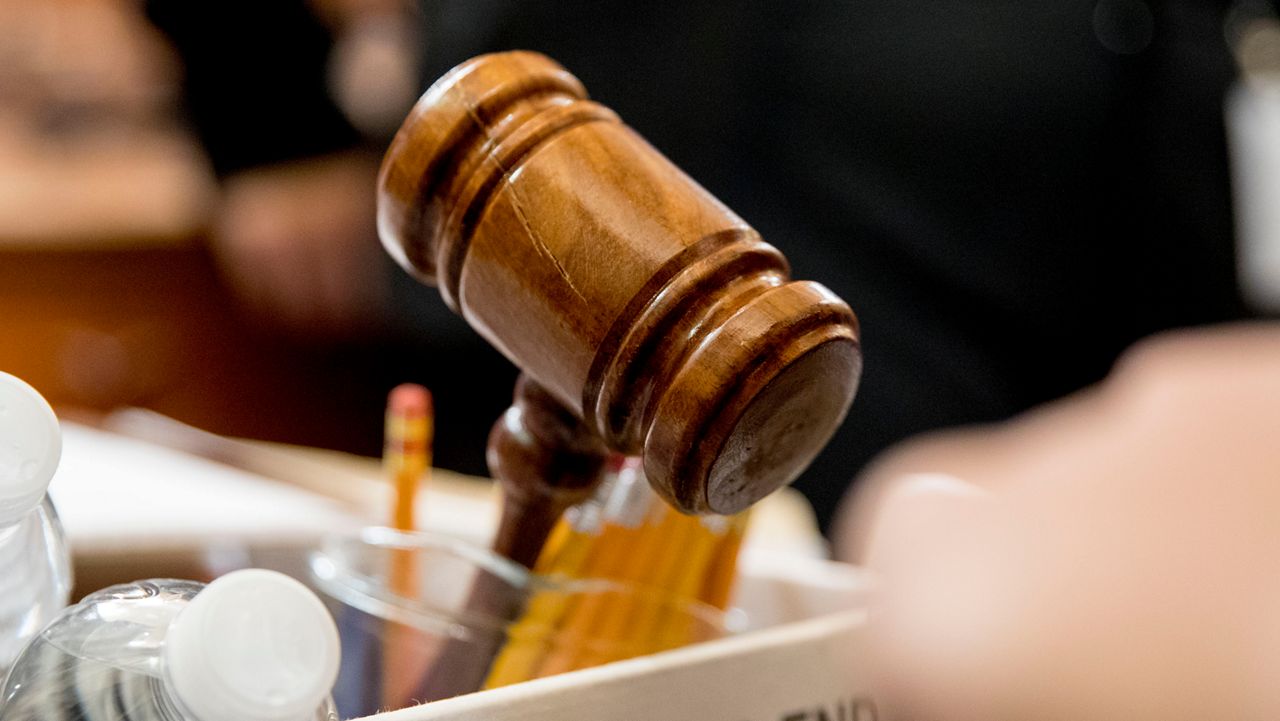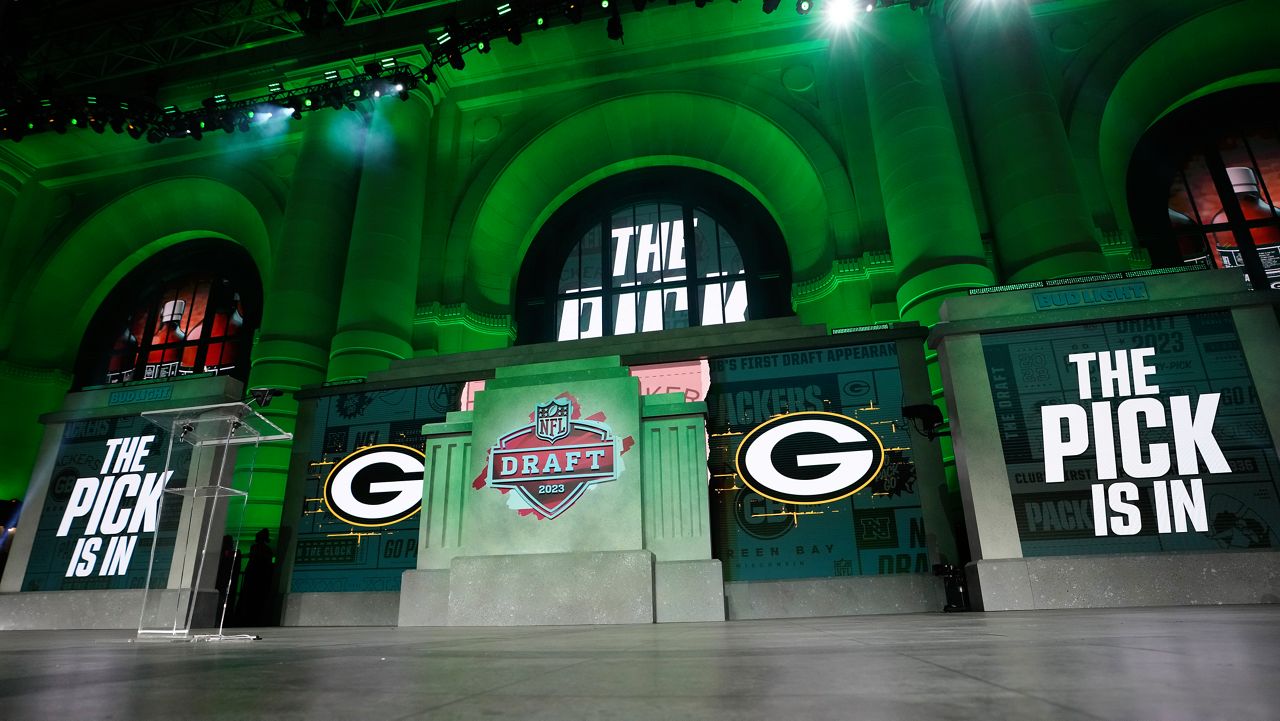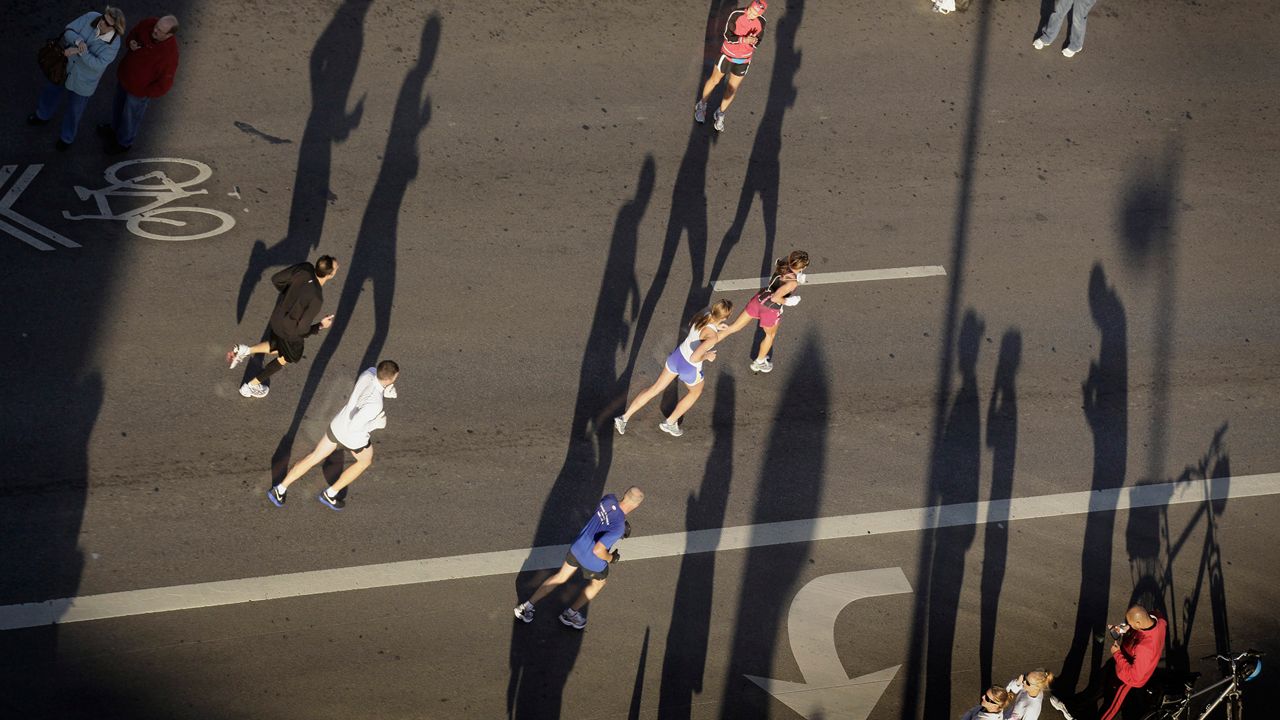COLUMBUS, Ohio — Around 7% of veterans will experience post-traumatic stress disorder or PTSD at some point in their life, according to the U.S. Department of Veterans Affairs.
Fireworks can trigger the “invisible wound” of post-traumatic stress disorder (PTSD) because of the sound, smell and smoke of fireworks. The Fourth of July activity often mirrors the feeling of being in battle or combat.
According to trauma recovery specialists like Dr. Heather Robinson, if someone is feeling triggered, you might notice that they are on edge, jittery, distant or respond anxiously to the loud noises. Fireworks can also cause flashbacks to make the vet feel as if the traumatic event is happening to them again. Sometimes families will put signs in their front yard to alert neighbors that a veteran lives at that residence. Robinson said it takes a neighborhood working together to prevent triggers and episodes for the vets in their community.
“If you know your neighbors and, you know, there are veterans, asking them, you know, does it bother them? Is there anything that they can do?” said Robinson. “It might be that if you want to set off fireworks, you don’t set them off in your backyard when you know it’s right next to the person who doesn’t enjoy that, you either find another place that you can do that or you go to, you know, local fireworks where it’s not going to bother that person.”
Many military families experience the disorder first hand. Geri Maples, with Blue Star Families in Southwestern Ohio, has been married to a military veteran for decades. She said that while fireworks may not be in the cards for their family, they’ve been able to make new traditions that will allow for everyone to enjoy the holiday.
“Our family often stays at home on the Fourth and does things together, whether it’s lounging in the pool or watching movie marathons all day,” said Maples. “You know it’s a great way, I think the biggest way to help overcome these challenges associated with, you know, avoiding triggers and things like that.”
Robinson also suggests that veterans that struggle with PTSD visit the VA to seek treatment. However, if you are a veteran that feels an episode coming or if fireworks and big crowds make you inherently nervous, Robinson suggests the box breathing method. Box breathing is four counts to inhale, four counts hold, four counts to exhale and then another four counts hold and repeating.
This form of breathing can help those feeling nervous or triggered to remember where they are and to remember that they are safe.










